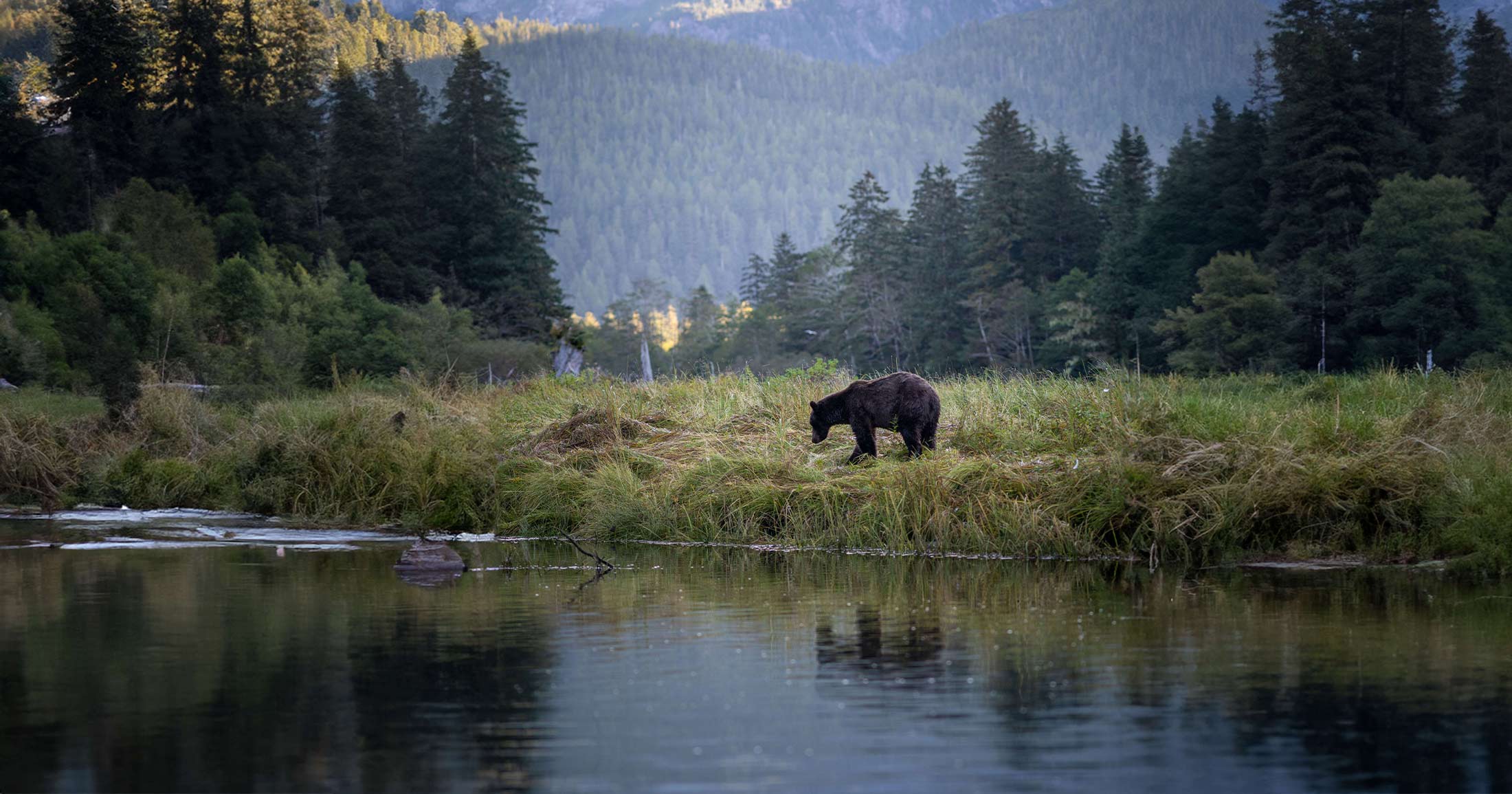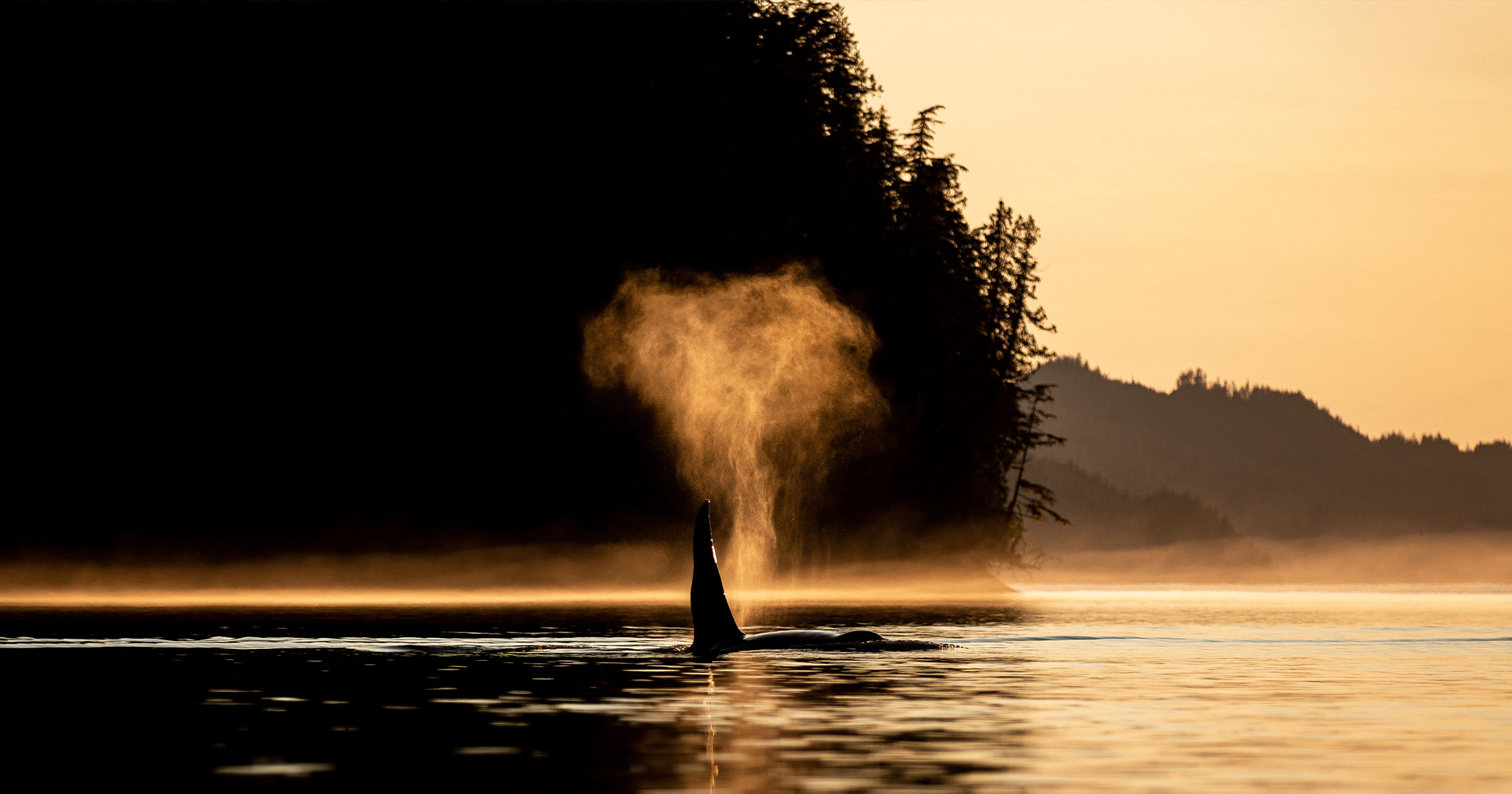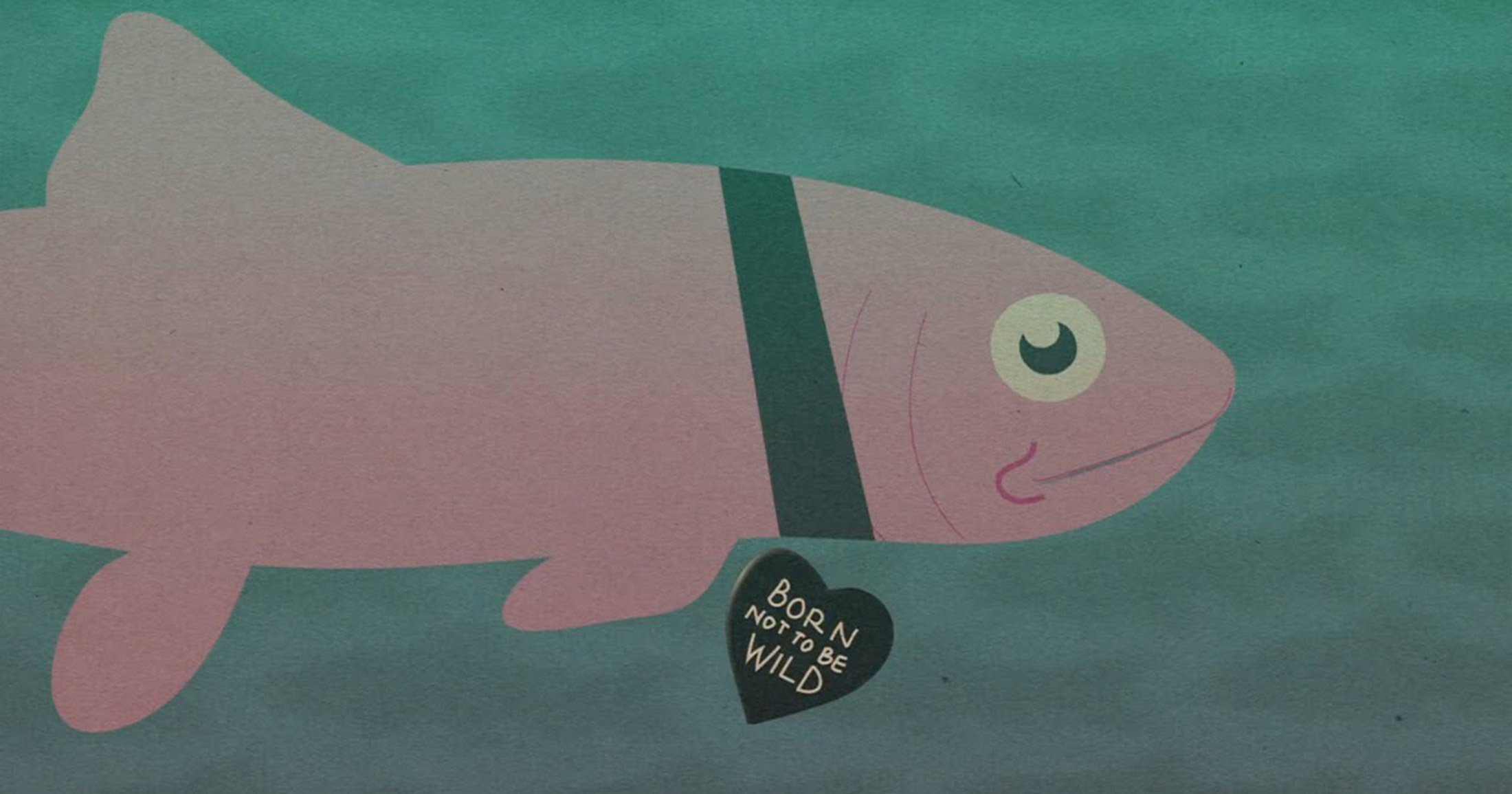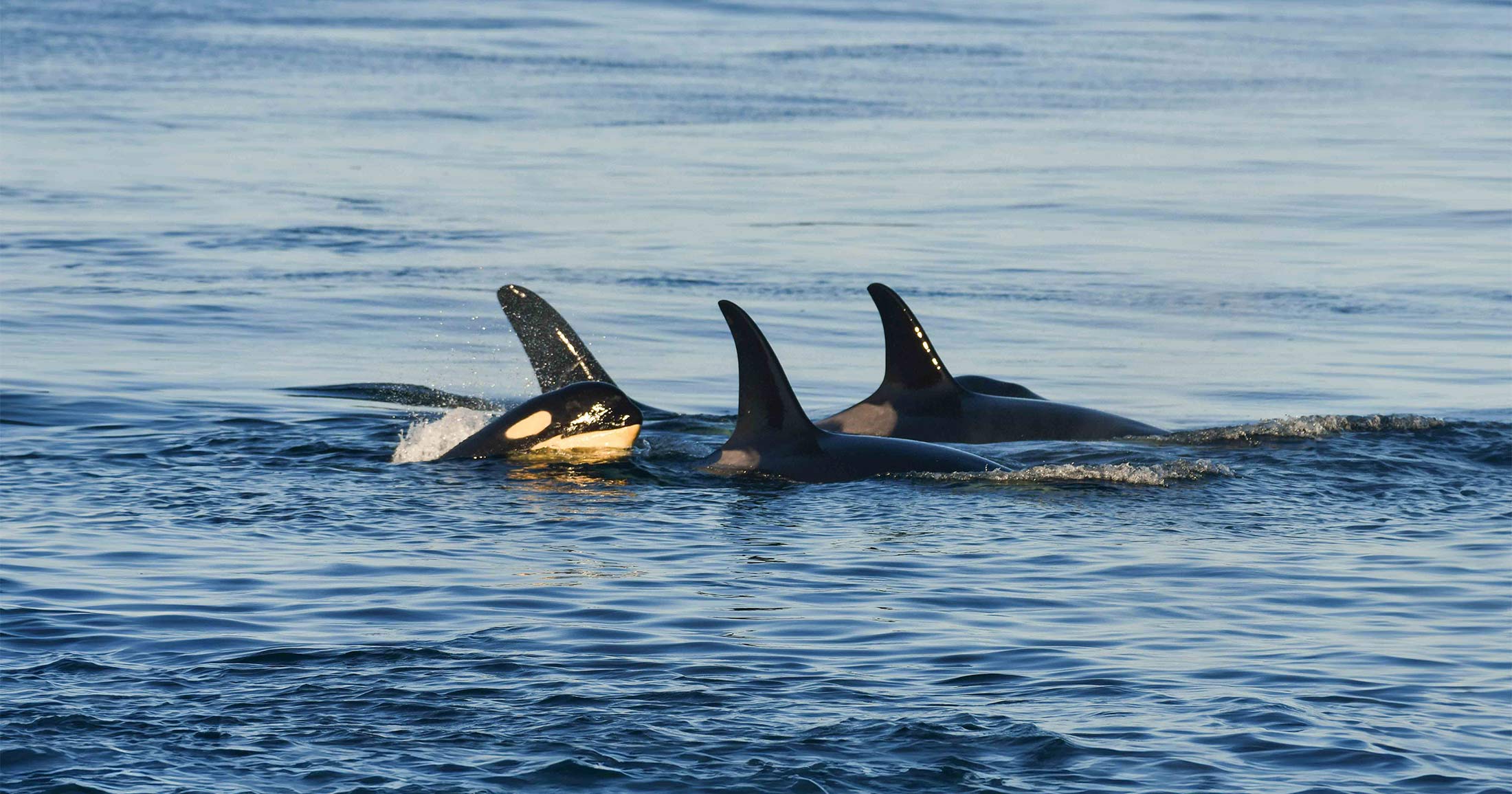Current situational analysis of BC wolves
Ecologically, ethically, and economically, it is not defensible to indiscriminately kill large carnivores.
In British Columbia, Canada, wolves continue to be killed through a variety of means. These include legal recreational hunting and trapping.
What we hope to achieve
Our goal is to stop the hunting and trapping of BC’s wolves.
Our initial initiative includes educating the public about the biology, behavior and ecology of wolves and their current situation in British Columbia (BC). Our intention is that British Columbians will understand:
- The important role wolves play in ecosystems and the unique ecology of coastal wolves.
- The current situation for BC wolves, especially the scale and nature of recreational killing.
- There is no scientific management of BC wolf populations.
- There is a clear ethical argument for ending the killing of wolves.
- Ecologically, ethically, and economically, it is not defensible to indiscriminately kill large carnivores.
- There is a clear solution to ending the killing of wolves.
Current Situation
- In British Columbia, Canada, more than 1,200 wolves are killed annually for recreational purposes (hunting and trapping).
- In many regions in BC there is no limit to the number of wolves that can be killed daily.
- Hunting season is often open from September to June, and can include the period from April-May when wolves den and pups are born.
- Recreational hunting is the largest source of mortality for wolves. We remain opposed to government-sanctioned culling of wolves.
- Wolves from Vancouver Island, BC, have already been subject to several eradication campaigns during the twentieth century and were considered virtually extirpated between 1950 and 1970. See research paper (PDF).
The killing of wolves is not ethical
The question is not whether killing wolves is “sustainable,” as wildlife managers are always trying to assert. The question is whether it is ecologically, ethically, or even economically defensible to kill large numbers of predators anywhere. The answer on all counts is no: there are no reasonable ecological reasons to kill wolves, there are no valid economic reasons, and clearly there are no tenable ethical reasons.
- Hunting and trapping cause significant harm and distress both for wolves that die as a result and those that survive.
- Heavily hunted wolves have higher stress levels than wolves with lower hunting pressure and the adverse impact may be multigenerational. See research summary (PDF) .
- From our perspective there is no ethical justification for imposing such harm and suffering.
This is not science based management
- The fundamentals of science-based management are not in place including clear objectives, use of evidence, transparency, and external review.
- The BC government does not have adequate population estimates for wolves.
- The BC government does not reveal how hunting quotas for wolves are determined.
- Wolves are often held responsible for the decline of caribou.
- The BC government has been sterilizing and killing wolves for more than a decade.
- These efforts have resulted in few, if any measurable benefits for caribou – even according to the Province’s own Wolf Management Plan.
- People are the ultimate cause of caribou endangerment through the ongoing destruction of habitat. See more here.
Wolves play an extremely important ecological role as apex predators
- Although the role of wolves varies from area to area, self-sustaining populations of wolves within their native range indicate intact and biodiverse ecosystems.
- Wolves perform important functions at and above the community level and have many associations with other species directly and indirectly including:
- Energy flow: Wolves can provide food for dozens of other species who scavenge on kills.
- Coevolutionary adaptations with other organisms
- Wolves can regulate the effect of prey populations in natural systems.
- Wolves can indirectly cause prey to alter behavior so they become less vulnerable by choosing different habitats, food sources, group sizes and activity times.
- Wolves can cause prey species to reduce their respective niches, thus reducing competition among those species.
- Wolves can help maintain the health of ungulate populations by limiting the occurrence and spread of disease.
- Affecting plant biomass and production
- Wolves can regulate ungulate populations which in turn regulate the plant community
- Eliminating wolves distorts ecological and evolutionary relationships far beyond the obvious effect of changes in the number and behavior of ungulates, their principal prey.
Resources
When science-based wildlife management isn’t
Wolf and caribou management backgrounder
Witnessing extinction: habitat loss, caribou and the wolf cull
Support our mobile lab, Tracker!
Our new mobile lab will enable the Healthy Waters Program to deliver capacity, learning, and training to watershed-based communities. We need your support to convert the vehicle and equip it with lab instrumentation. This will allow us to deliver insight into pollutants of concern in local watersheds, and contribute to solution-oriented practices that protect and restore fish habitat.










